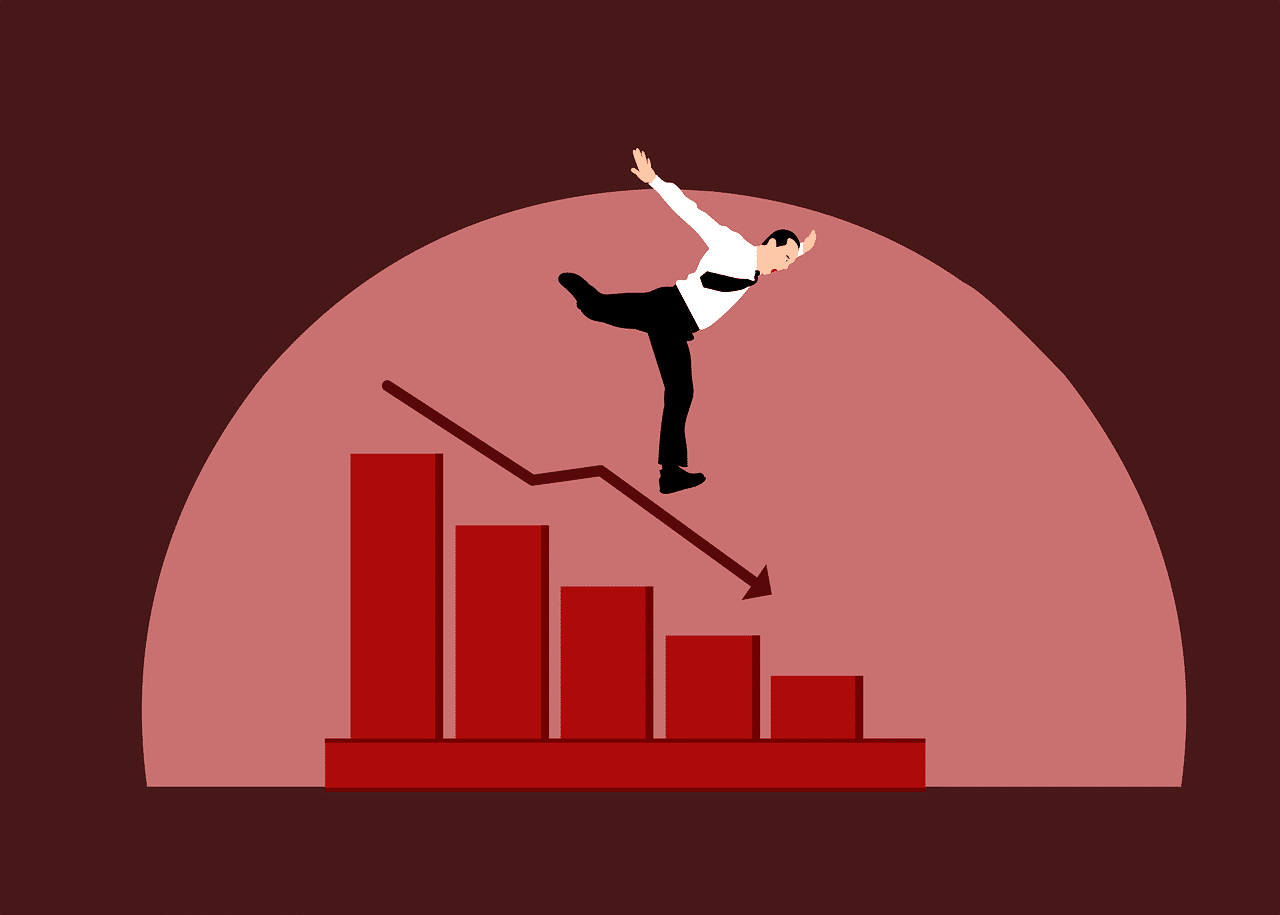Global bond markets are trading with a 10% decline for the first time in over a decade as rising inflation forces yields higher.
The Bloomberg Global Aggregate Index, a benchmark for government and corporate debt, has declined about 9.9% from a high in early 2021, the biggest decline from its highest level in 2008, according to a report by Bloomberg.
Also Read | US poll shows Americans want Biden to act tougher against Russia
Losses have been particularly steep in pockets of global credit markets. According to a Bloomberg Index, Asian dollar bonds have fallen around 10.5% from their highest in 2021, after Chinese defaults rose to a record.
Broader credit markets have also shown signs of distress after weeks of outflows. Spreads on investment-grade dollar and euro-denominated corporate bonds have widened over 55% so far this year to their peak since the summer of 2020, show the Bloomberg index.
Also Read | Russia turns to China for military, economic aid over Ukraine war: US media
Compounding the losses in global fixed income is the fact that government bonds are offering little protection as a haven during global market turmoil.
The sell-off in fixed income is mainly due to inflationary pressures worldwide, which dampen the appeal of low-yielding debt whose returns are being undermined by soaring consumer prices. Russia’s invasion of Ukraine has further added to the global inflationary pressures by pushing up energy prices to their highest level in over a decade.
Also Read | UK wants to use sanctioned properties of Russian oligarchs for Ukrainian refugees
Escalating geopolitical tensions and highly volatile markets are complicating options for central bankers. The US Federal Reserve is poised to initiate an interest-rate hike this week as it witnesses the highest US inflation in the last four decades.
“The performance of safe-haven bonds has disappointed. Given that central banks, even the European Central Bank, now has turned hawkish in response to higher inflation, we don’t think government bonds will perform very well as safe havens for now,” said Morgan Stanley researchers in a note on Saturday.
Also Read | US journalist Brent Renaud killed by Russian forces in Ukraine: Kyiv police
The outlook for corporate bonds may be brighter in the longer term after widening in spreads this year made the asset class more appealing to some fixed-income investors. Except for a few notable pockets, like China’s high-yield real estate sector, years of low rates, fiscal stimulus, and a rebound in the economies have helped strengthen the balance sheets of many companies.
According to Chris Iggo, chief investment officer at AXA Investment Managers UK Ltd, “It might be painful in the short-term but credit spreads are flashing an early entry point.”
Also Read | Explained: How US sanctions on Russian energy affect its domestic market
According to analysts at Goldman Sachs Group Inc, both high-yield and investment-grade bond spreads are at levels today that have generated significant positive excess returns in the year ahead, outperforming government bonds. But timing the entry will be difficult and the direction the Ukraine crisis takes will determine the tone for the assets in the short term. It’s premature to buy Asian credit at this time despite its decline and considering the potential for a wide range of outcomes from Russia’s invasion of Ukraine, said analysts including Kenneth Ho in a report.







